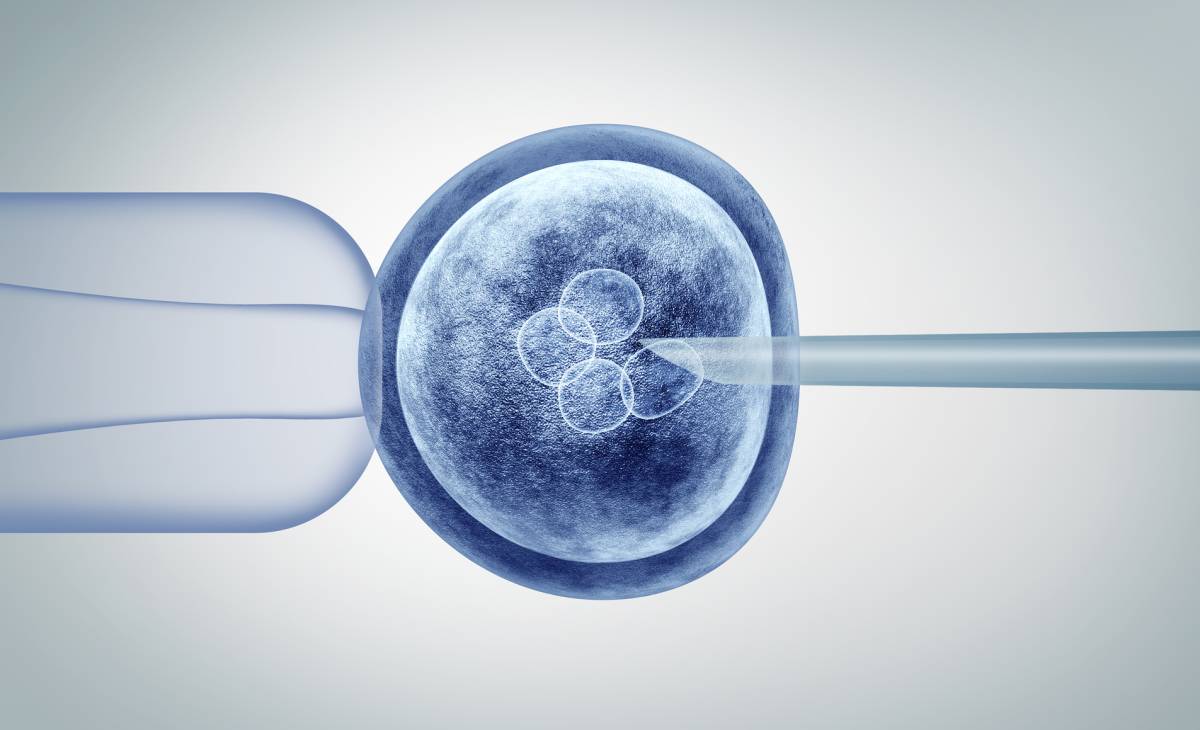EU court excludes in vitro random mutagenesis from GMO rules
The Court of Justice of the European Union (CJEU), EU's highest court, has set off that in-vitro plant random mutagenesis are excluded from EU laws governing the use of genetically modified organisms (GMOs).
With this decision, the Court closes a 2015 case brought to a French court by a group of French agricultural associations, who strongly suggested that plant varieties obtained via mutagenesis should not be exempt from EU’s GMO directive. The French court subsequently sought advice from CJEU.
"Organisms obtained by the in vitro application of a technique/method of mutagenesis which has conventionally been used in a number of in vivo applications and has a long safety record with regard to those applications are excluded from the scope of that directive," the CJEU declared.
As might be expected, this decision has been criticized by environmentalists, anti-GM groups and small farmers groups who believe that allowing gene editing would lead off to a new era of "GMO 2.0", opening the door to a “massive flood of un-labeled and un-assessed GMOs in farmers’ fields and on European citizens’ plates”.
On the other side, the bioindustry welcomed the decision claiming that this will “pave the way for Europe to unlock the opportunities of the bio-revolution in plant- and soil sciences”.
This ruling comes at a critical point, just ahead of a crucial proposal from the European Commission on whether to loosen EU rules on new genetic techniques (NGTs, such as CRISPR-Cas9), expected in early June 2023.
Source:
https://curia.europa.eu/jcms/upload/docs/application/pdf/2023-02/cp230022en.pdf






















